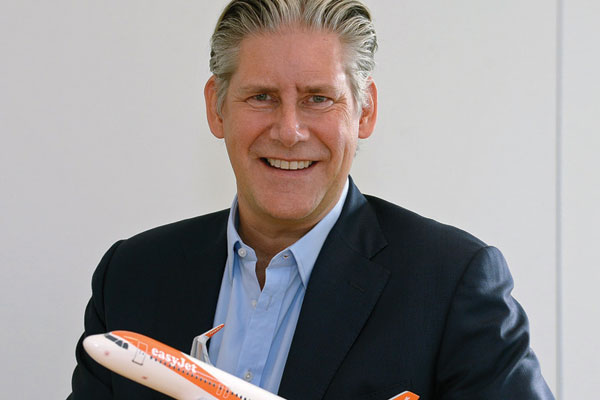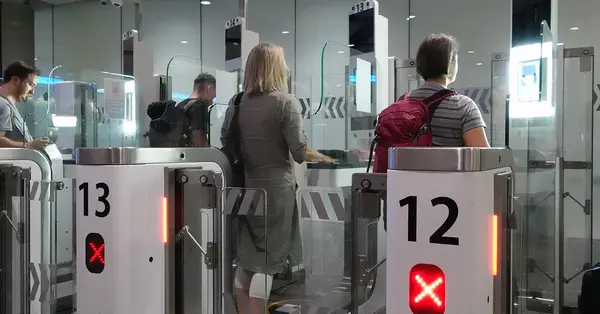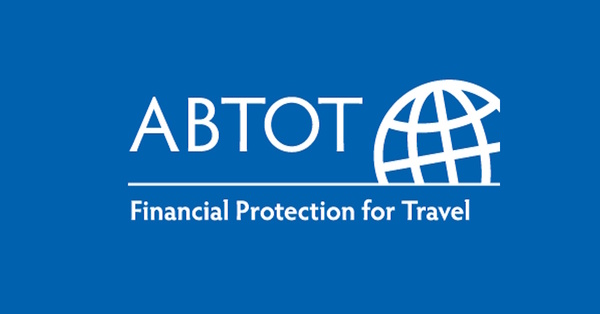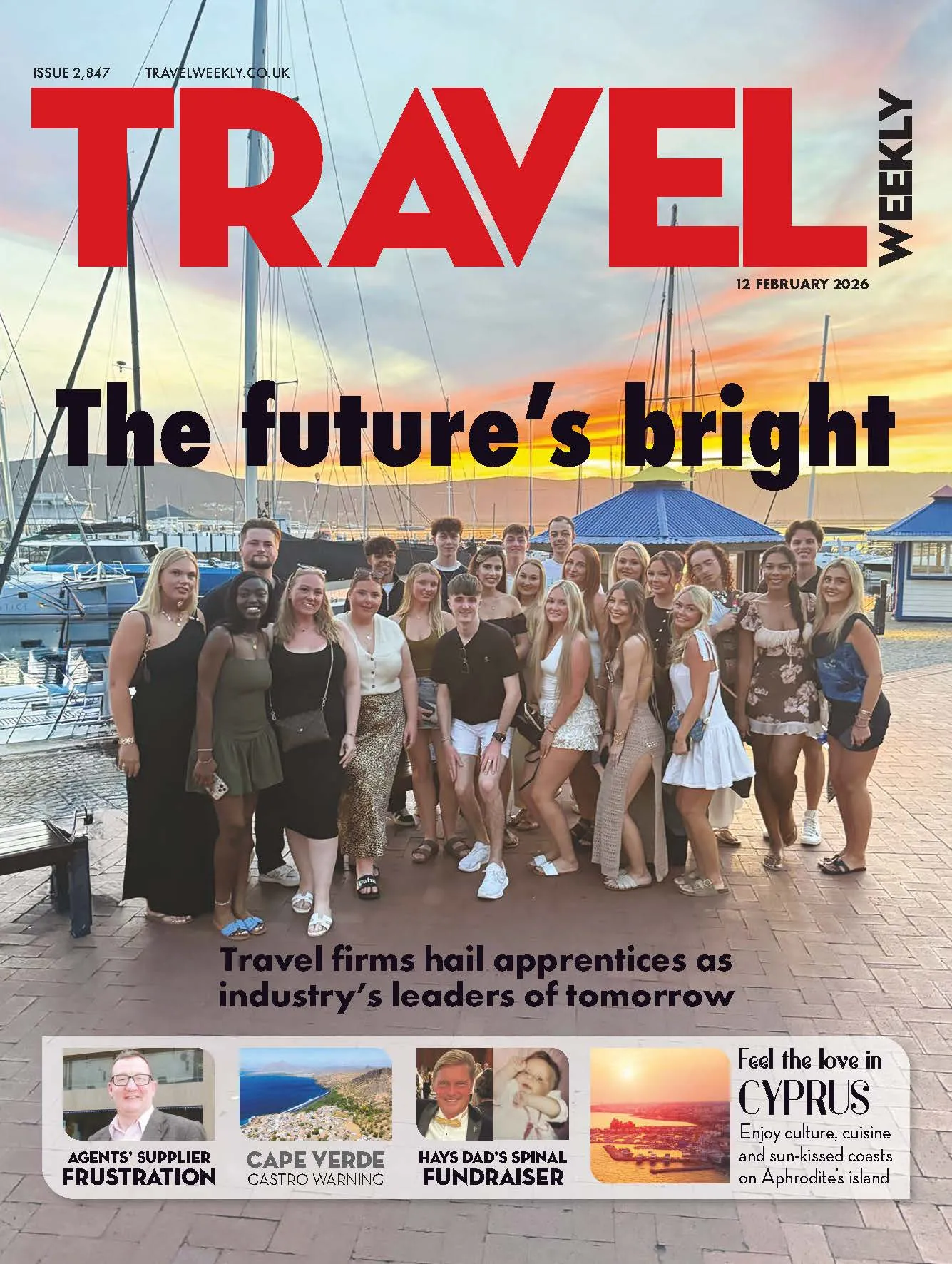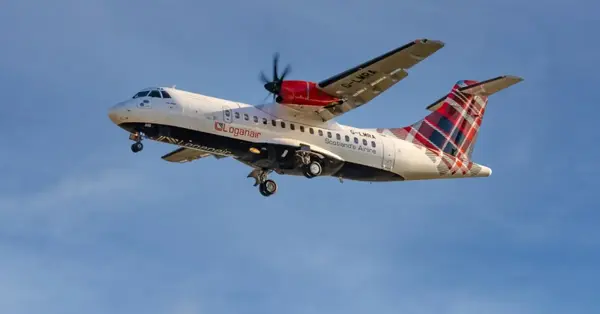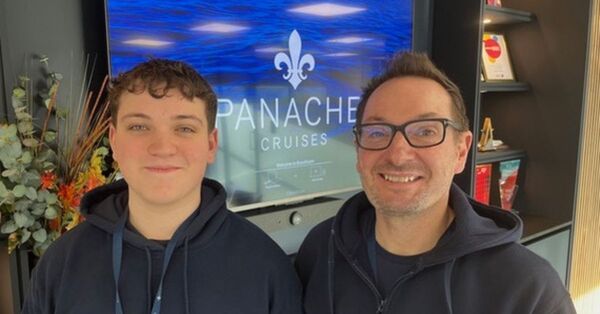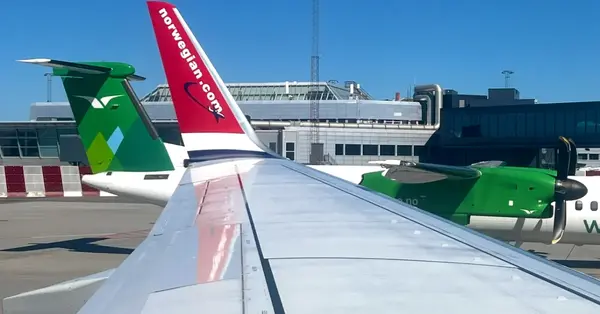You are viewing 1 of your 2 free articles
EasyJet partners with US start-up on revolutionary aircraft design
EasyJet has partnered with US start-up manufacturer JetZero which aims to develop a blended wing body for aircraft that could cut fuel burn and emissions by up to 50% compared with traditional designs.
Announcing the partnership today, easyJet revealed it will sit on the JetZero Airline Working Group, with a view to sharing its knowledge of hydrogen propulsion systems.
The group aims to address the practical considerations of airline and airport operations.
It’s believed the proposed blended-wing airframe would be suitable for alternative aviation fuels including hydrogen.
EasyJet noted it is the first airline in Europe to partner with Jet Zero, after US carrier Alaska Airlines announced it would partner and invest in the company last month.
JetZero is already working with the US Air Force, space agency NASA and the Federal Aviation Administration.
It plans to produce a mid-market aircraft for entry into service by 2030.
In a statement, easyJet noted: “The blended-wing body is potentially the biggest leap in commercial aircraft design since the beginning of the jet age.
“The aircraft dramatically improves aerodynamic efficiency over traditional tube-and-wing designs, in part thanks to its unique aerofoil-shaped body and more slender wing design.
“This improvement in efficiency would translate into up to a 50% reduction in the requirement for Sustainable Aviation Fuel (SAF) per passenger.”
EasyJet chief operating officer David Morgan said: “The blended-wing aircraft design offers the potential to maximise efficiencies and significantly reduce fuel burn and emissions in the process.
“Its potential to be powered by SAF or hydrogen is also incredibly exciting.”
JetZero founder and chief executive Tom O’Leary added: “JetZero’s blended wing body configuration delivers what the industry most needs – lower fuel burn, lower emissions and a viable path to zero carbon emissions.
“We welcome easyJet to the Airline Working Group and look forward to furthering the work of incorporating hydrogen into our planning for future platforms.”
The announcement came as easyJet reported UK consumer research it commissioned which found six out of 10 respondents want to travel “more sustainably” but don’t want to fly less.
Half (50%) said the aviation industry should invest in new technologies to help address its carbon footprint and maintain air travel.
Just over half (53% said the government should prioritise zero-carbon emission flying and offer more support to the industry to make the transition.
Two-thirds (64%) suggested they are more likely to fly with an airline that is taking action to reduce its environmental impact, and seven out of 10 (71%) agreed zero-carbon emission technology such as hydrogen offers the best option to decarbonise aviation.
EasyJet chief executive Johan Lundgren said: “Our research shows British travellers are banking on technological developments to preserve their ability to fly.
“The level of innovation we’re seeing is encouraging, but we need support from the government and regulators to ensure policy and infrastructure keeps at pace with technological progress.”

